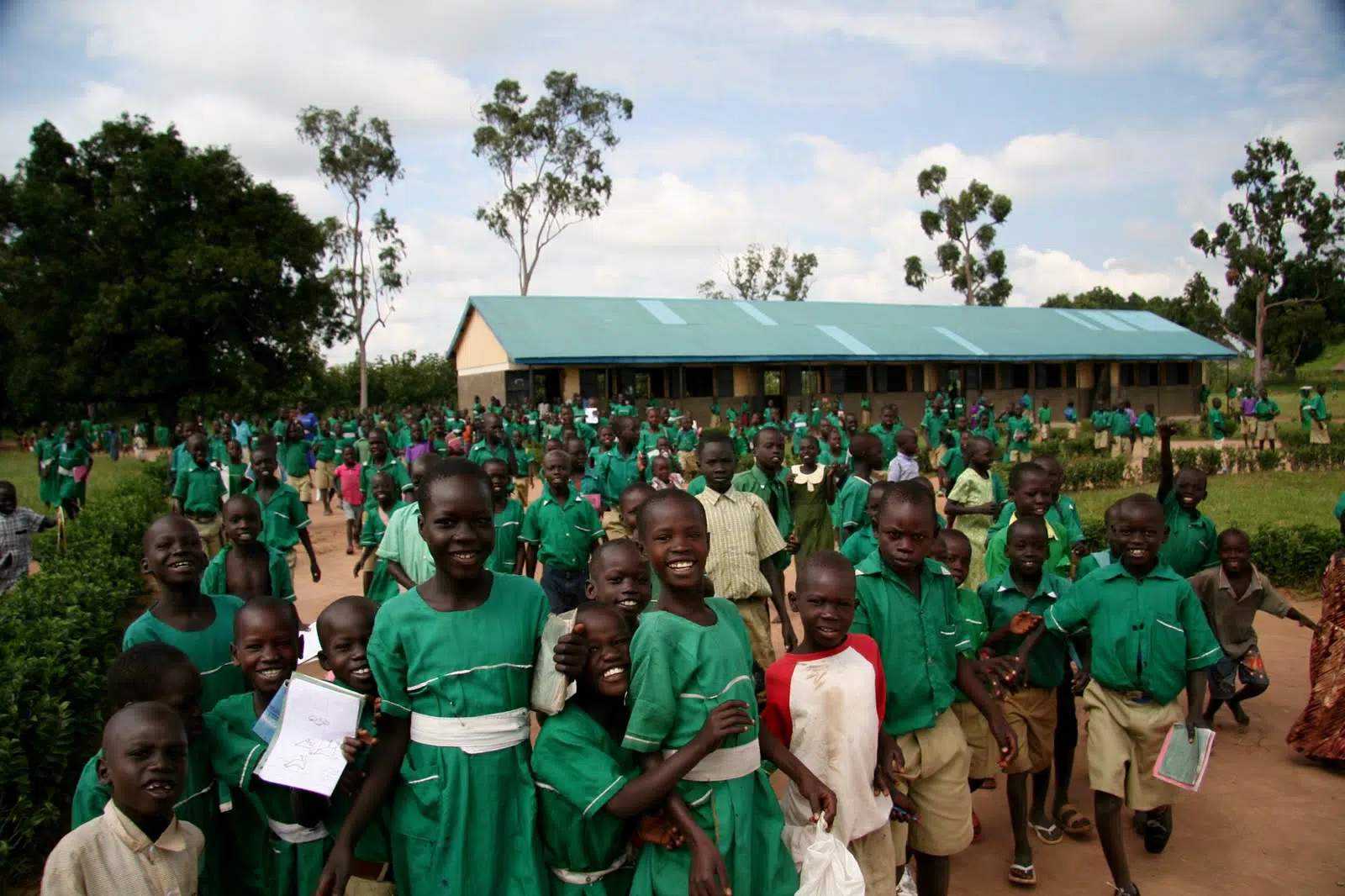
Sudan referendum holds attention in Saskatchewan
While people in the South of Sudan go to vote on becoming an independent nation, in Saskatchewan members of a team that traveled there last August are watching closely.
John Fryters, a resident of Prince Albert and part of the development project, said the time he spent in Sudan gave him an understanding of what has been happening in the south of the country.
“I really listened, mainly to the ordinary people, the ordinary citizens, the women and the children and the men and they really touched my heart,” he said.
He is trying to take a proactive approach to raising awareness of the referendum, including writing letters to parliament and reaching out to churches.

